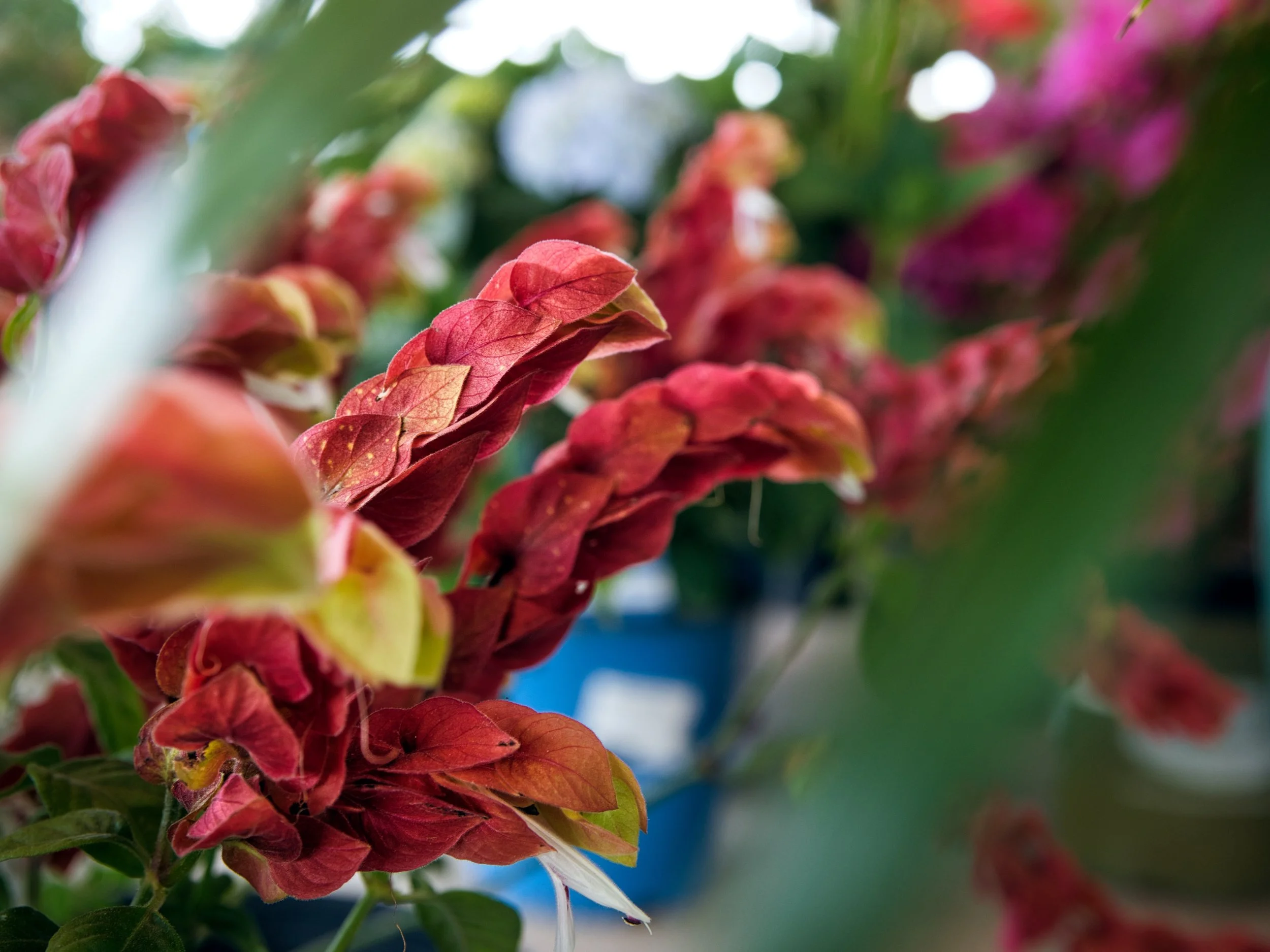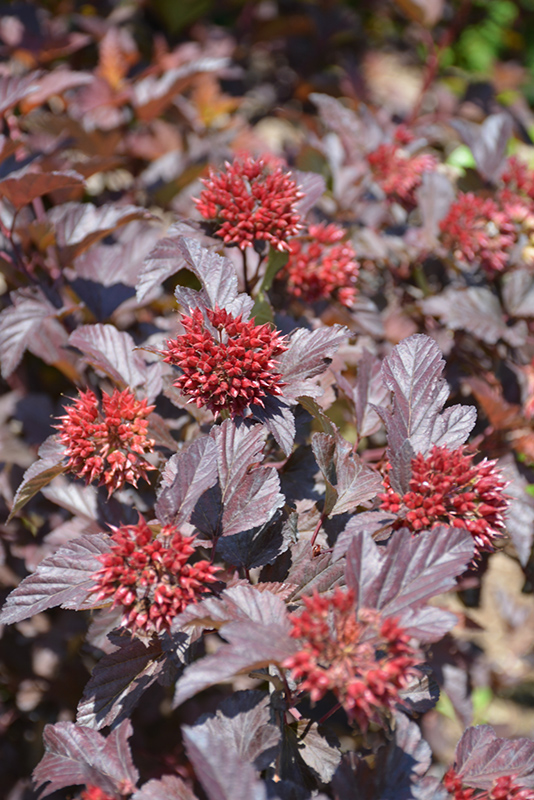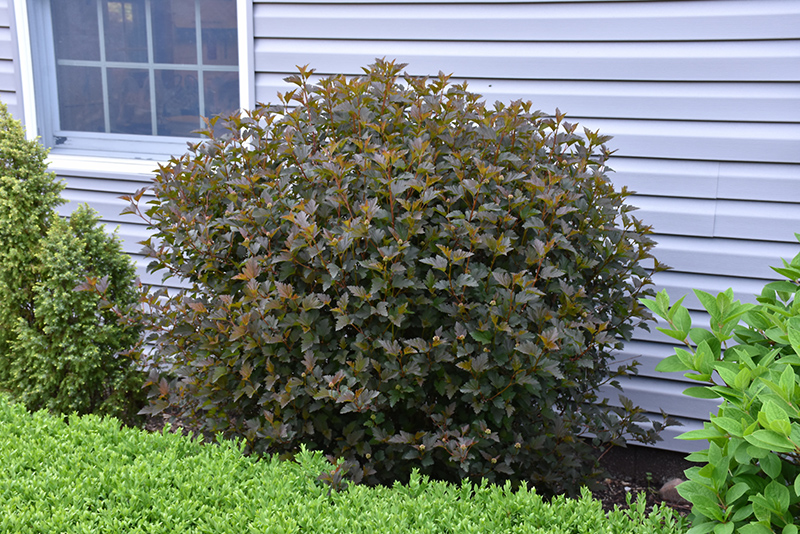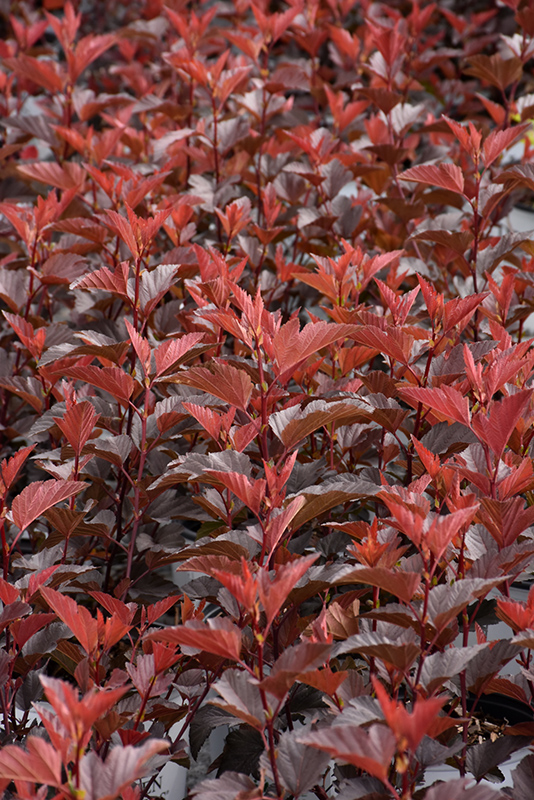Ginger Wine® Ninebark
Physocarpus opulifolius 'SMNPOBLR'
Height: 6 feet
Spread: 6 feet
Sunlight:
![]()
Hardiness Zone: 3a
Other Names: Eastern Ninebark
Group/Class: ColorChoice Shrubs
Brand: Proven Winners
Description:
This stunning variety broadens the color palette for these easy care shrubs; foliage emerges sunny orange and matures to a shiny deep burgundy; showy white flowers in spring, turning to red seed heads; also has interesting peeling bark; best in full sun
Ornamental Features
Ginger Wine® Ninebark features showy clusters of white flowers at the ends of the branches from late spring to early summer, which emerge from distinctive pink flower buds. The flowers are excellent for cutting. It has attractive burgundy deciduous foliage which emerges orange in spring. The serrated lobed leaves are highly ornamental and turn an outstanding red in the fall. It features abundant showy red capsules . The peeling tan bark and dark red branches add an interesting dimension to the landscape.
Landscape Attributes
Ginger Wine® Ninebark is a multi-stemmed deciduous shrub with a more or less rounded form. Its relatively fine texture sets it apart from other landscape plants with less refined foliage.
This is a relatively low maintenance shrub, and should only be pruned after flowering to avoid removing any of the current season's flowers. It has no significant negative characteristics.
Ginger Wine® Ninebark is recommended for the following landscape applications;
- Accent
- Mass Planting
- Hedges/Screening
- General Garden Use
Planting & Growing
Ginger Wine® Ninebark will grow to be about 6 feet tall at maturity, with a spread of 6 feet. It has a low canopy, and is suitable for planting under power lines. It grows at a medium rate, and under ideal conditions can be expected to live for approximately 30 years.
This shrub should only be grown in full sunlight. It prefers to grow in average to dry locations, and dislikes excessive moisture. It is not particular as to soil type, but has a definite preference for acidic soils. It is highly tolerant of urban pollution and will even thrive in inner city environments. This is a selection of a native North American species.
